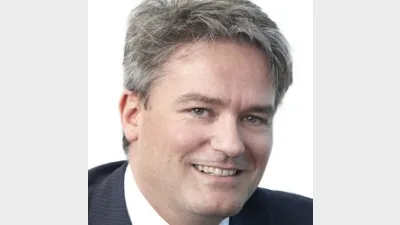Super funds exempt under TASA



The Federal Government will exempt superannuation funds from its amendments to the Tax Agency Services Act 2009 (TASA 2009).
In a letter to the Shadow Assistant Treasurer, Senator Mathias Cormann, Assistant Treasurer David Bradbury said tax advice provided by a superannuation fund or pension fund would not be regulated by TASA 2009 because they were not ‘tax agent services' as per the Tax Practitioners Board.
Bradbury clarified that intra-fund advice provisions would also be exempt under the Tax Laws Amendment Measures (2013 Measures No 2), as well as income protection and salary continuance information provided by an insurer due to the TPB descriptor.
"This means that tax advice provided by a superannuation fund or pension fund pursuant to the issuance of a payment summary, or advice provided by an insurer pursuant to payments of income protection or salary continuance insurance payments and the corresponding issue of payment summary, are not tax agent services and therefore not covered by the regime," it said.
Financial advisers would also receive an extension on the current exemption by 12 months, which would push out the implementation date to 30 June 2014.
Bradbury said the Government would consult to determine if any additional changes were required to TASA 2009 to achieve its objectives. It would consider if any other general advice or services should receive an exemption from the regime.
Last week the Industry Super Network and the Australian Institute of Superannuation Trustees sought clarification on whether superannuation funds would be captured under the TASA 2009 provisions.
Recommended for you
Australia’s largest super funds have deepened private markets exposure, scaled internal investment capability, and balanced liquidity as competition and consolidation intensify.
The ATO has revealed nearly $19 billion in lost and unclaimed super, urging over 7 million Australians to reclaim their savings.
The industry super fund has launched a new digital experience designed to make retirement preparation simpler and more personalised for its members.
A hold in the cash rate during the upcoming November monetary policy meeting appears to now be a certainty off the back of skyrocketing inflation during the September quarter.










